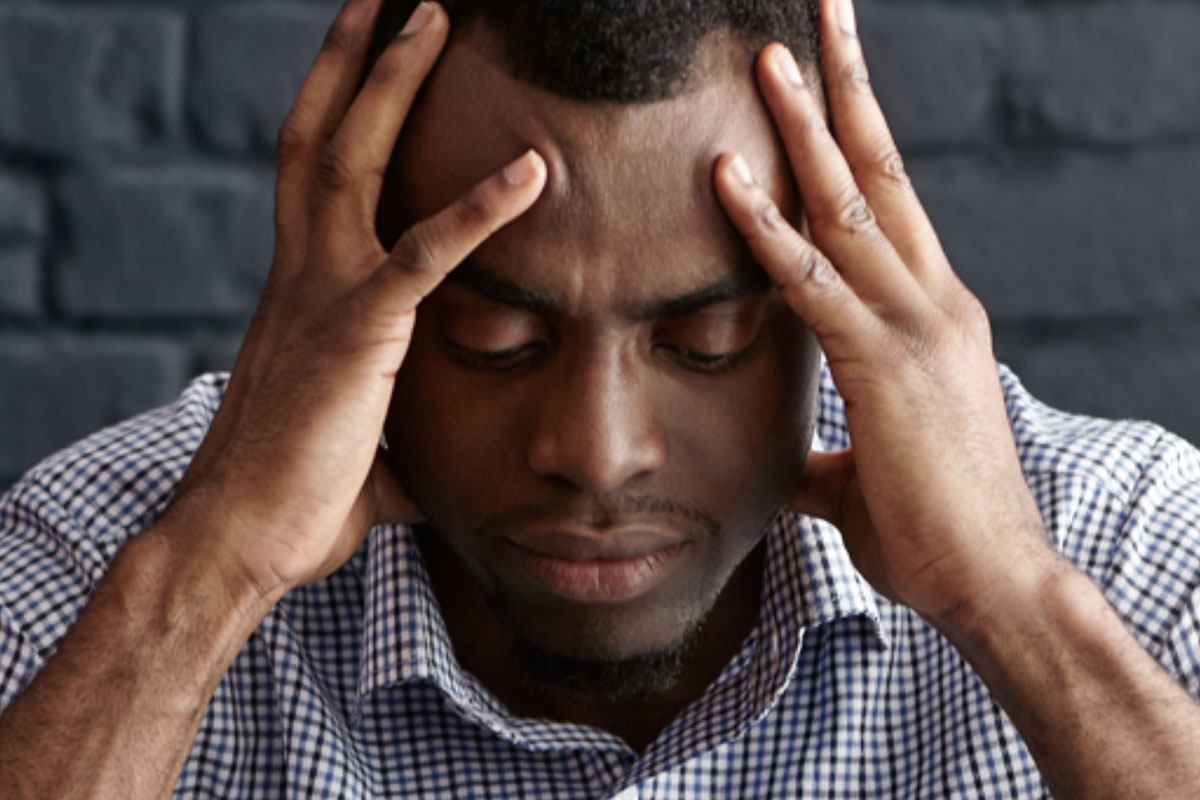This Men’s Health Week, we aim to raise awareness about mental health issues affecting men and the support options available. Many cases go undiagnosed and a true picture can be difficult.
Men’s Forum Foundation provides some figures.
The Picture:
- Three times as many men as women die by suicide.
- Men are less likely to access psychological therapies than women: only 36% of referrals to NHS talking therapies are for men.
- Nearly three-quarters of adults who go missing are men.
- Men are nearly three times as likely as women to become alcohol dependent and to report frequent drug use.
Why don’t men talk about mental health?
Society’s expectations and traditional gender roles play a part.
Research shows that men who can’t speak openly about their emotions may be less able to recognise symptoms of mental health problems in themselves, and less likely to reach out.
Men are more likely to use potentially harmful coping methods such as drugs or alcohol and are less likely to talk about their mental health.
Depression
We tend to focus on the physical symptoms such as back pain, headaches, difficulty sleeping, or sexual problems. Resulting in the underlying depression going untreated.
Men suffering from depression are four times more likely to take their own lives than women, so it’s vital to seek help before despair becomes feelings of suicide. Talk with a friend, loved one, or doctor. There is plenty you can do to successfully treat and manage male depression and prevent it from coming back.
Signs and symptoms in men
A man is more likely to hide his feelings them from himself and others, or to mask them with other behaviours. While men may experience symptoms of depression such as despondent mood, loss of interest, sleep disturbances, and concentration problems, they are more likely than women to experience “stealth” depression symptoms such as anger, substance abuse, and agitation.
Sometimes depression in men shows up as physical symptoms—such as backache, frequent headaches, sleep problems, sexual dysfunction, or digestive disorders—that don’t respond to normal treatment.
Anger could range from irritability, sensitivity to criticism, or a loss of your sense of humour to road rage, a short temper, or even violence.
A man may exhibit escapist or risky behaviour such as pursuing dangerous sports, driving recklessly, or engaging in unsafe sex. You might drink too much, abuse drugs, or gamble compulsively. There’s no single cause of depression in men. Biological, psychological, and social factors all play a part, as do lifestyle choices, relationships, and coping skills.
Getting help
It takes courage to seek help—from a loved one or a professional. Most men respond well to self-help steps such as reaching out for social support, exercising, switching to a healthy diet, and making other lifestyle changes.
You’ll feel a little better each day. Many men recovering notice improvements in sleep patterns and appetite before improvements in their mood.
Self Help Tips
1. Seek social support
Research suggests men will access help that meets their preferences and is easy to access, meaningful and engaging. For example, Men’s Sheds provides community spaces for men to connect and chat, often over practical activities. The person you talk to just needs to listen without judging you. Join a support group. Being with others dealing with depression can go a long way in reducing your sense of isolation. Mind’s online community, Side by Side, is a place you can be heard.
2. Support your health
Aim for eight hours of sleep. Keep stress in check. Figure out all the things in your life that stress you out, such as work overload, money problems, or unsupportive relationships, and find ways to regain control. Getting outside during daytime can help boost serotonin levels and improve your mood.
3. Exercise
Research shows that regular exercise can be as effective as medication for relieving depression symptoms. It also helps prevent relapse once you’re well. A 10-minute walk can improve your mood for two hours. Small steps regularly can compound more easily. Most beneficial are continuous and rhythmic exercises—such as walking, weight training, swimming—where you move both your arms and legs.
4. Eat a healthy diet
Sugary snacks, baked goods, or comfort foods quickly lead to a crash in mood and energy. Reduce caffeine and alcohol. Eat more Omega-3 fatty acids for a mood boost. The best sources are fatty fish, seaweed, flaxseed, and walnuts. Try foods such as bananas (decrease anxiety, increase alertness, and spinach (reduce agitation, improve sleep). Avoid deficiencies in B vitamins, eat more citrus fruit, leafy greens, beans, chicken and eggs.
5. Challenge negative thinking
Once you identify the destructive thoughts patterns, you can start to challenge them with questions such as:
“What’s the evidence that this thought is true? Not true?” “What would I tell a friend who had this thought?” As you cross-examine your thoughts, you may be surprised at how quickly they crumble. In the process, you’ll develop a more balanced perspective and help to relieve your depression.
Professional Treatment for Depression
If support from family and friends and positive lifestyle changes aren’t enough, seek help from a mental health professional. Be open about how you’re feeling including your physical symptoms.
Therapy – If therapy is available to you, it can often bring a swift sense of relief.
Medication – Antidepressant medication can help relieve some symptoms of depression, but it doesn’t cure the underlying problem. If you decide that medication is right for you, always pursue self-help steps as well. Therapy and lifestyle changes can address the underlying causes of your depression to prevent it returning when you’re able to come off antidepressants.
Help Available:
Talk to the Samaritans. Shout Crisis Text Line. Rethink Mental Illness. Mind. Tell someone you trust. Talk to your GP. Specialist mental health services.
How to help a man with depression?
Suggest a general check-up with a physician. He may be less resistant to seeing a family doctor than a mental health specialist at first. Listen without judgement. Don’t make light of any of the feelings he expresses, but do point out realities and offer hope. Take any remarks about suicide seriously. If he’s prescribed antidepressants, encourage him to follow orders about the use of alcohol.Remember, you can’t take responsibility for someone else’s depression, however your support can be crucial. There is help as opposed to suffering in silence and hopefully this article encourages reaching for help or self-help and not remain isolated.
Why not set up a free consultation to discuss your needs? Just call 01925 596244 or email salesenquiries@pamwellbeing.co.uk.




